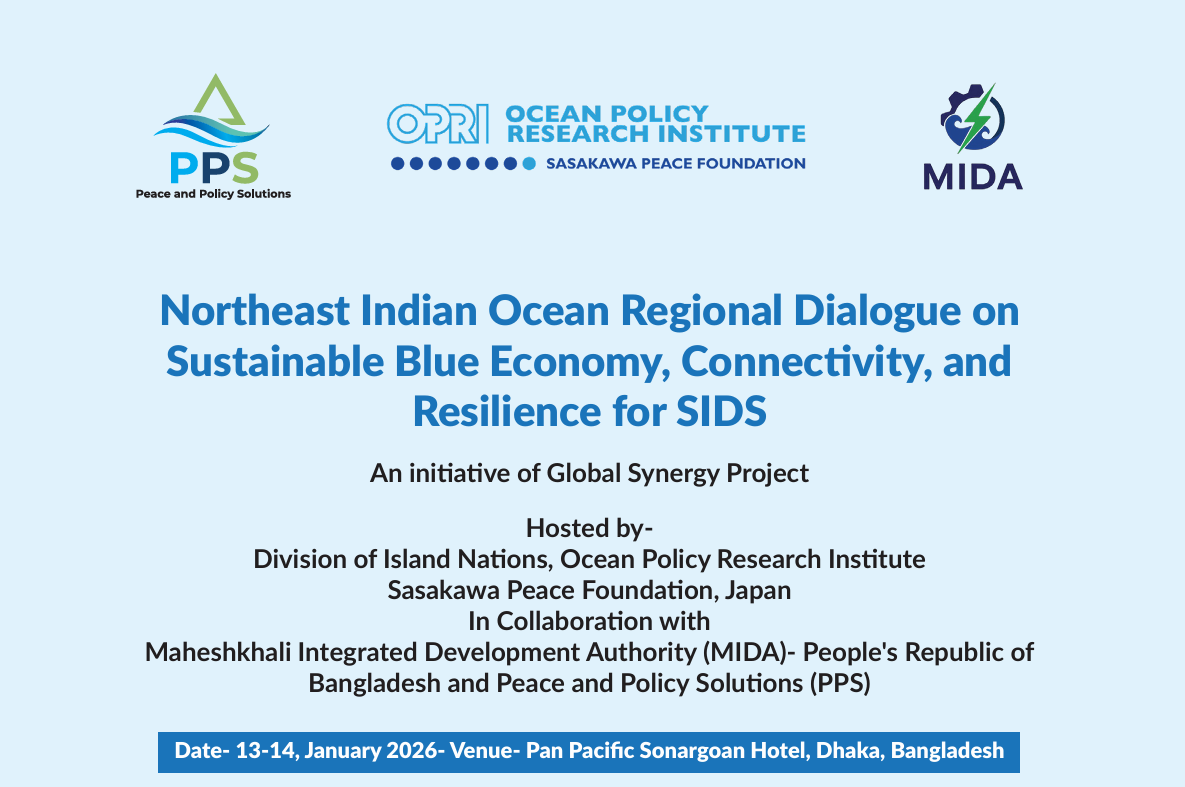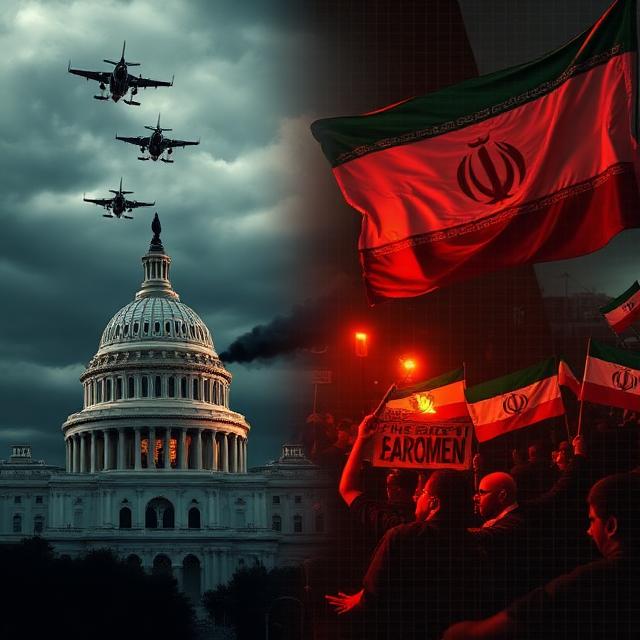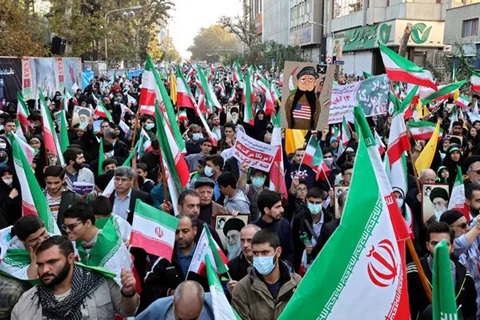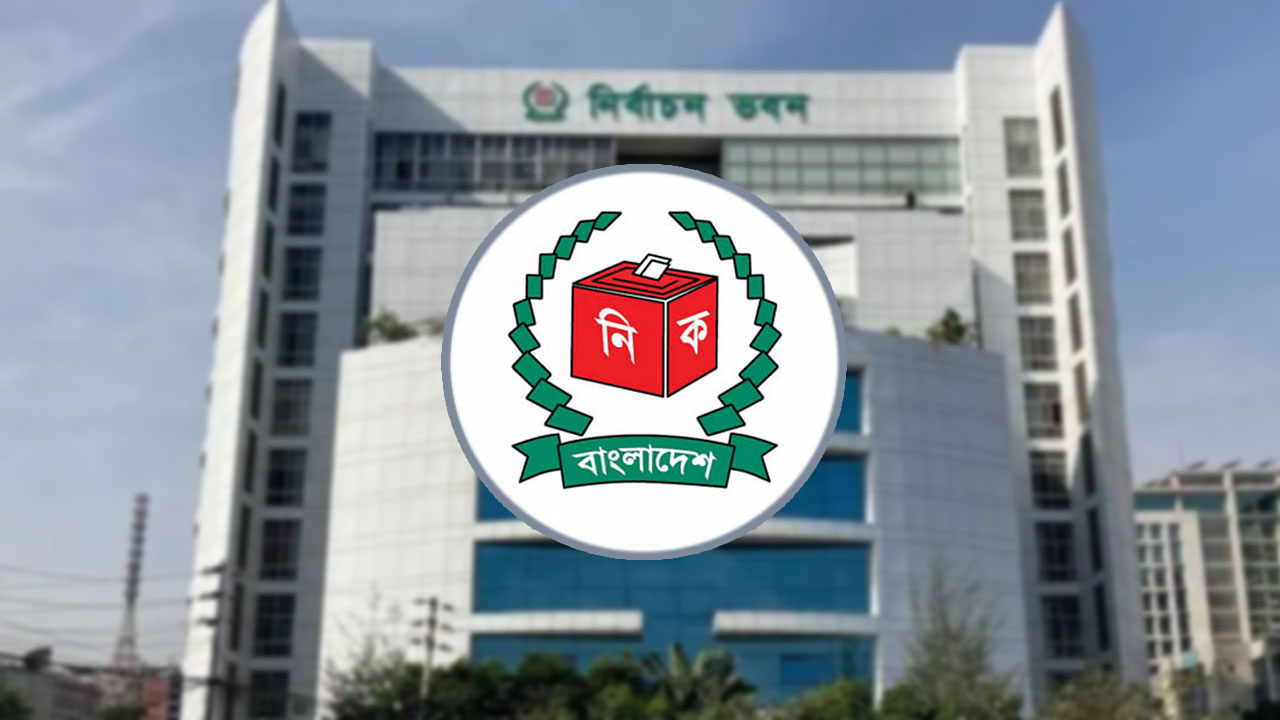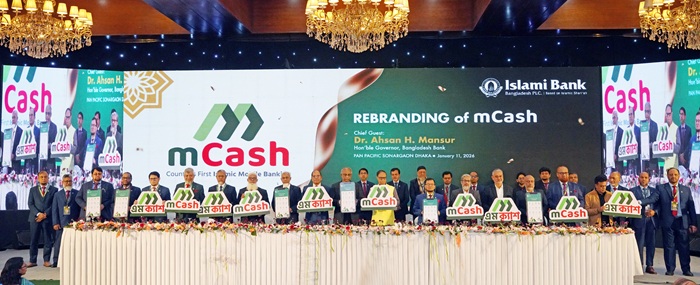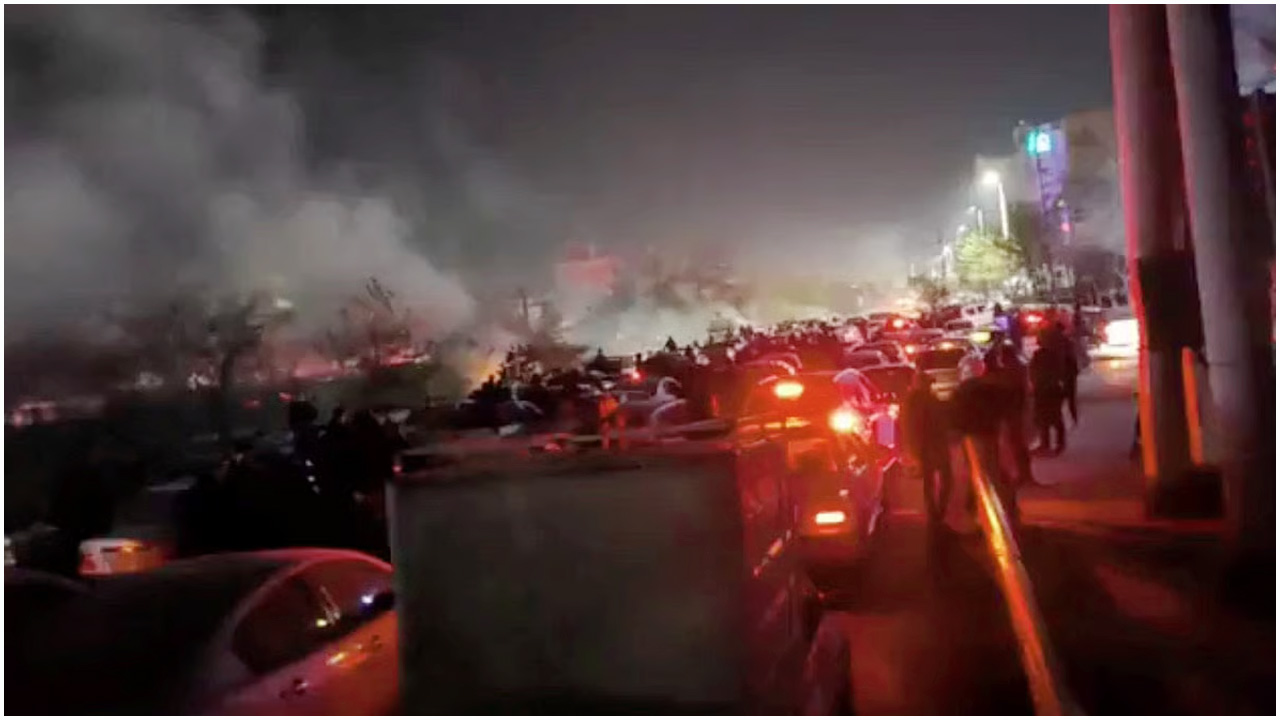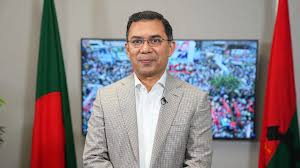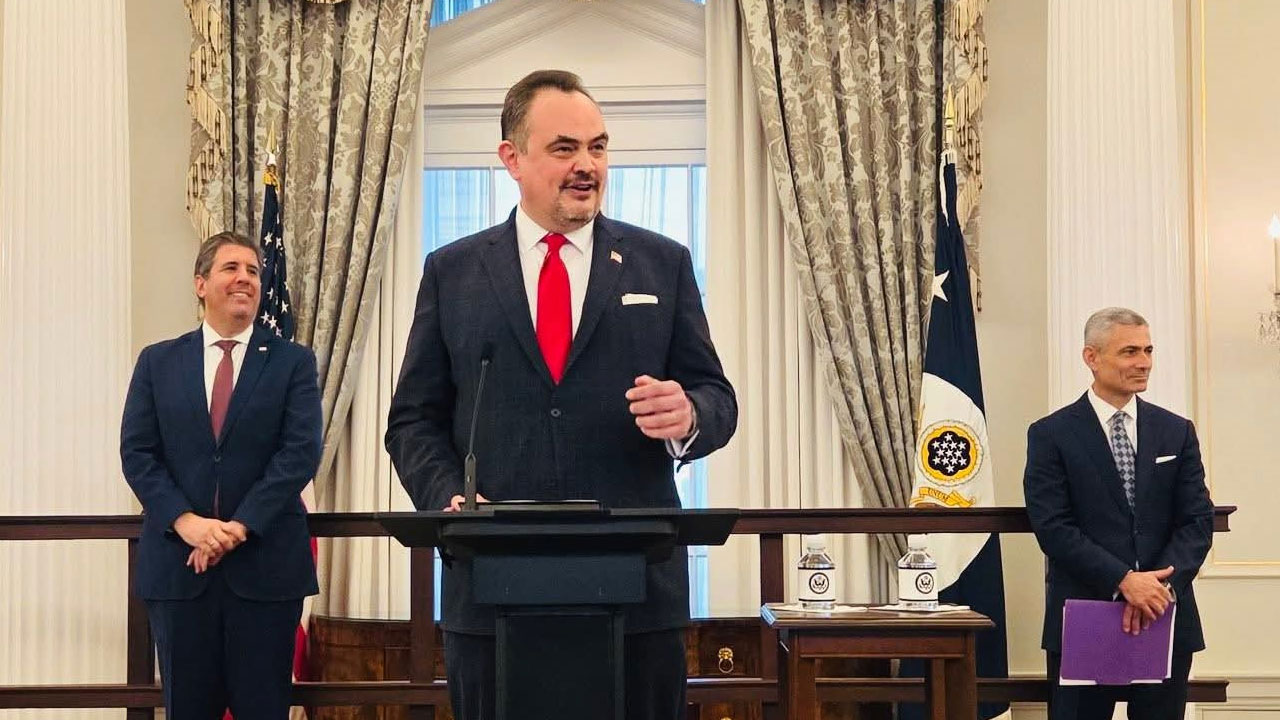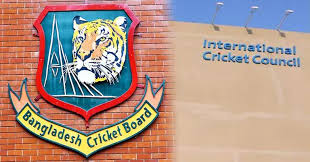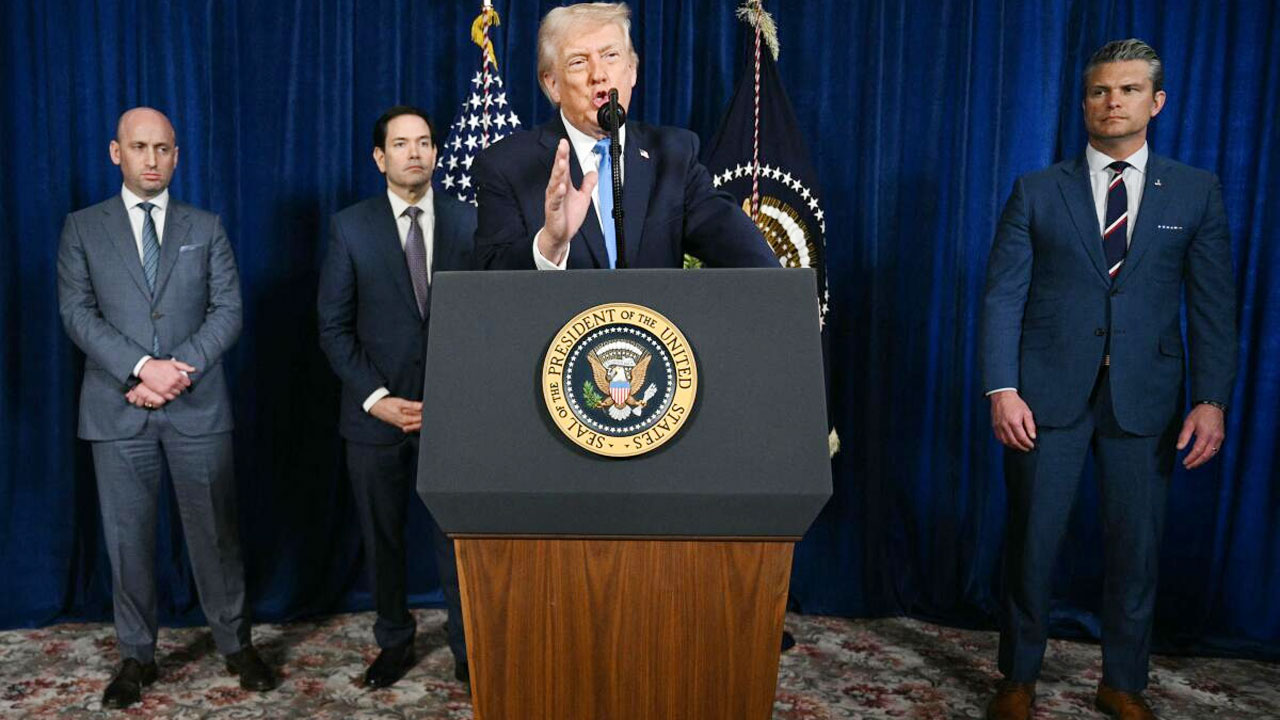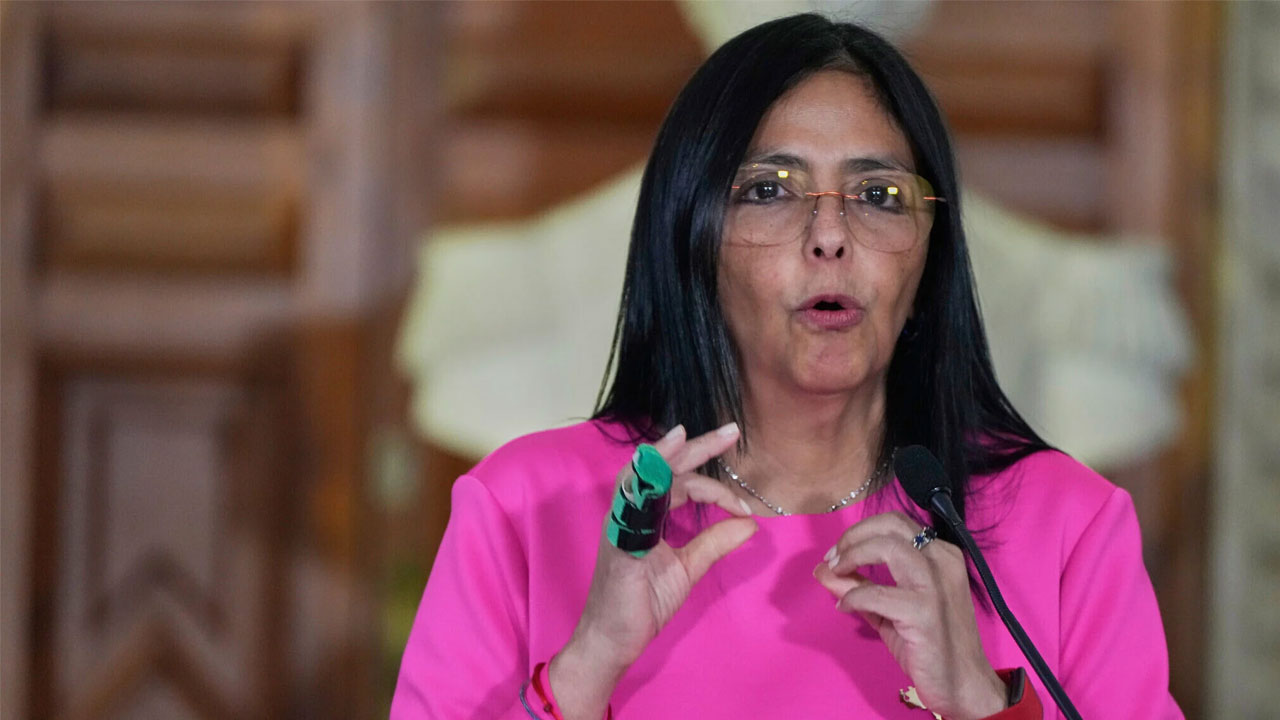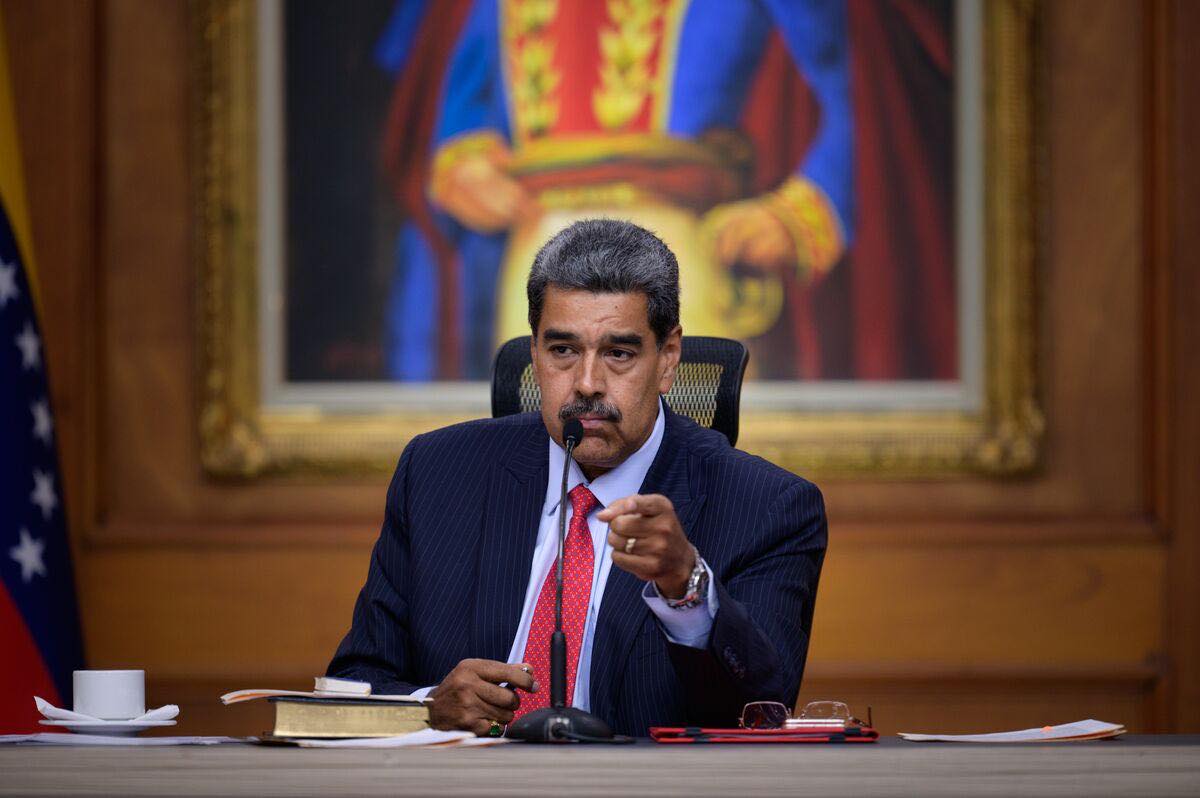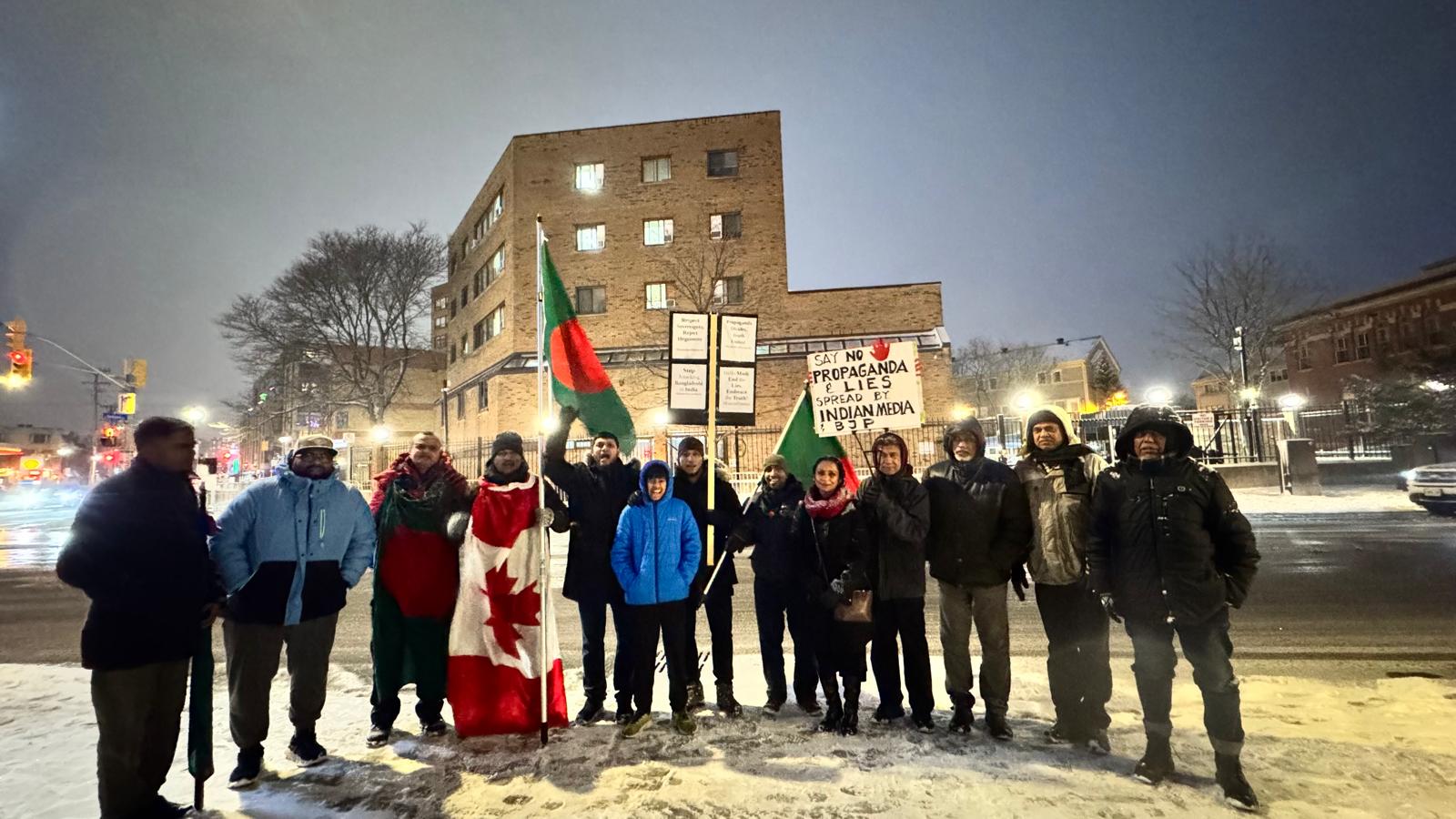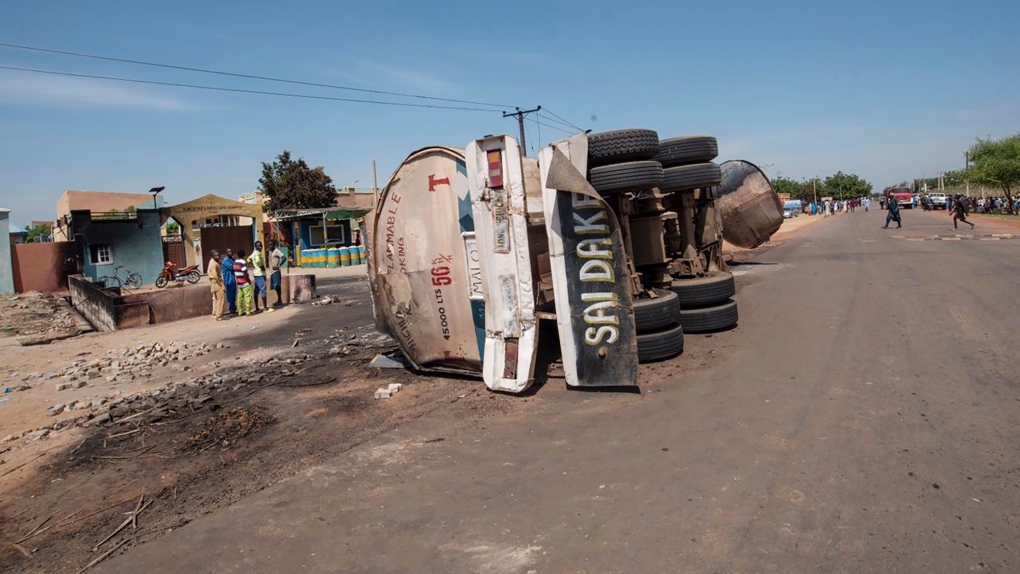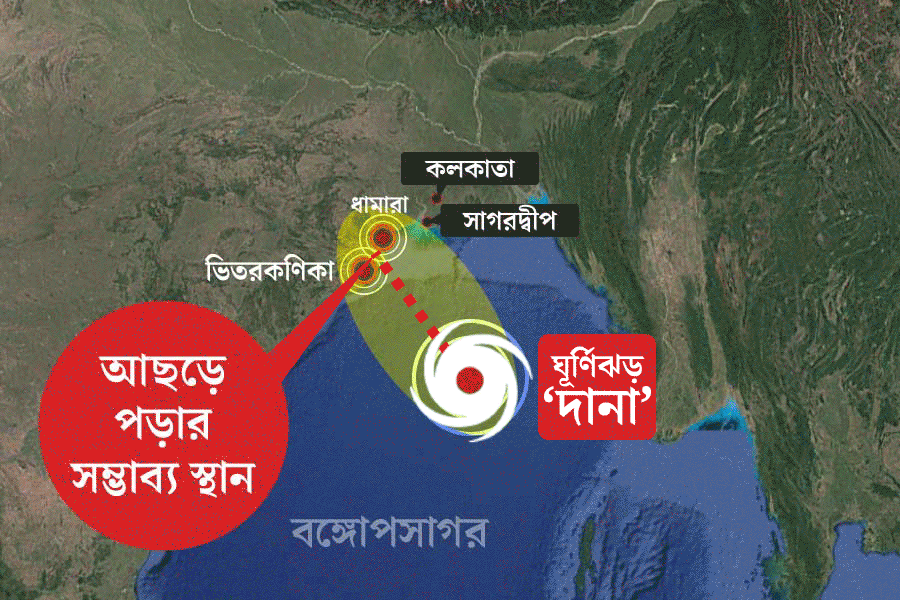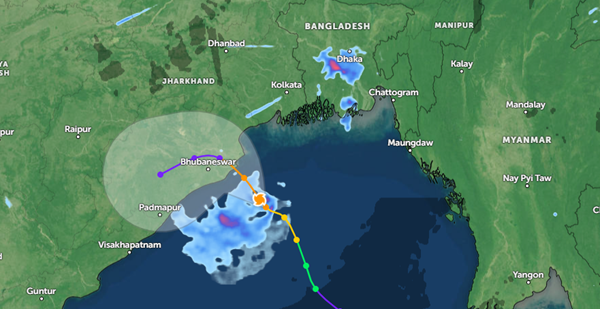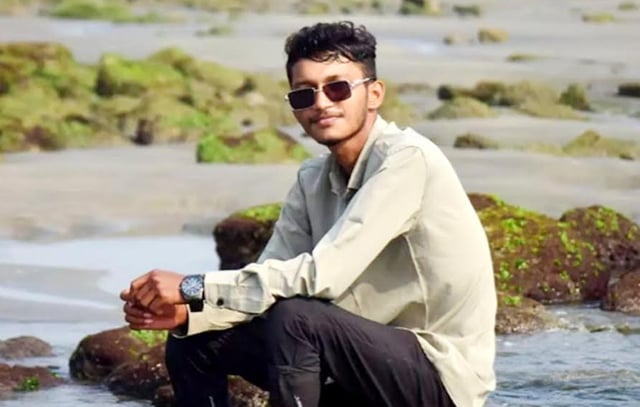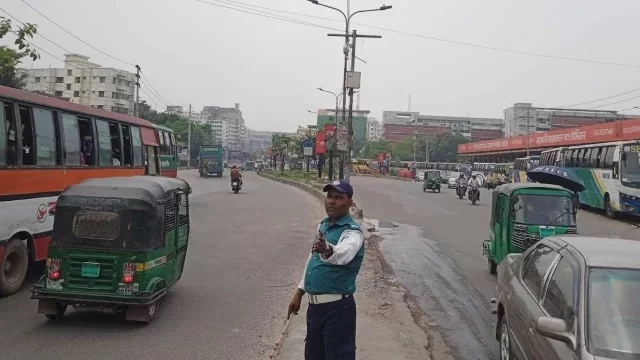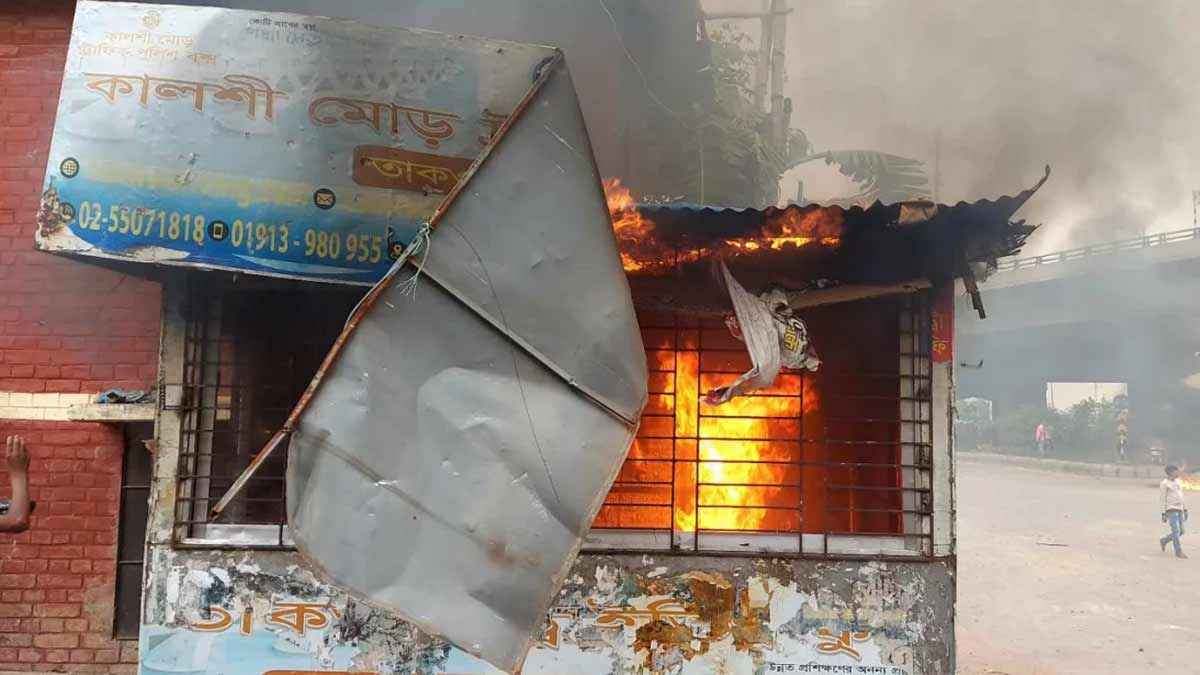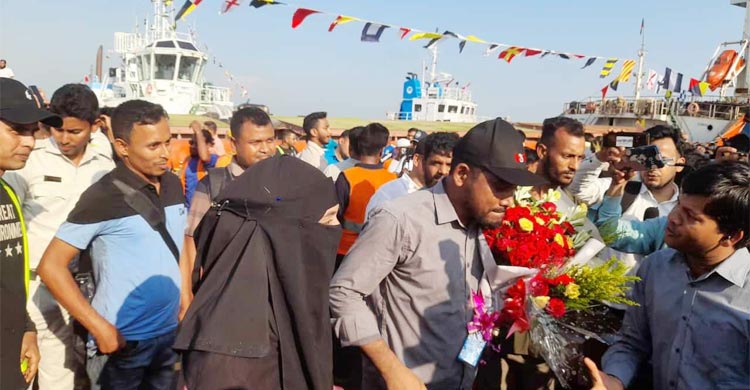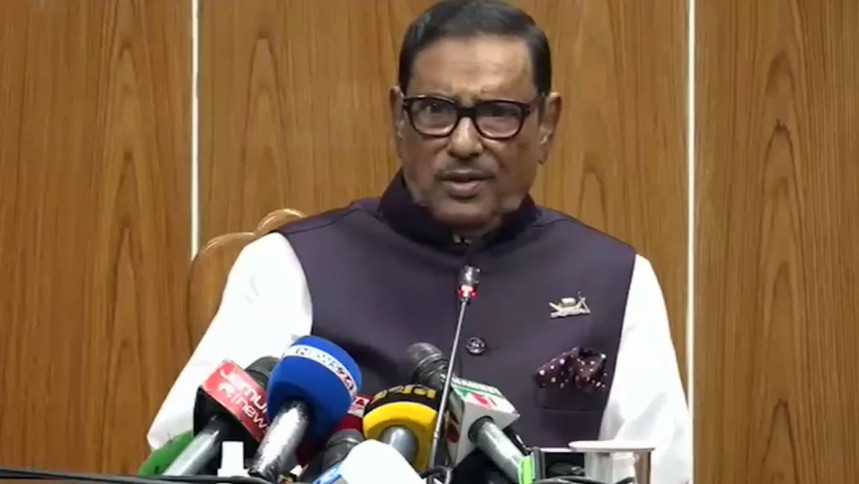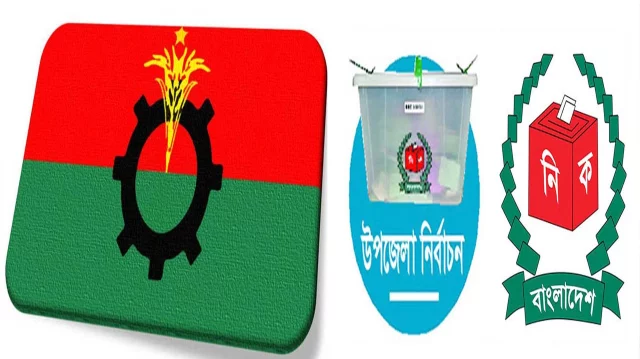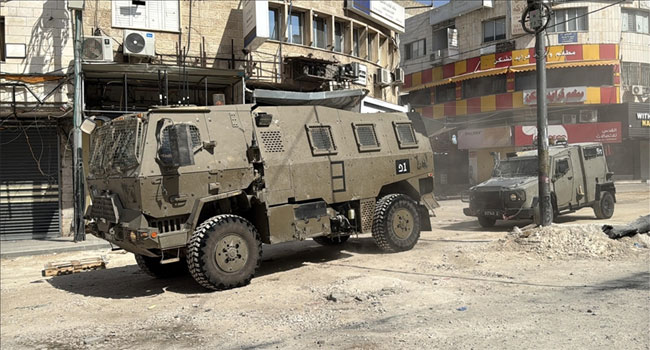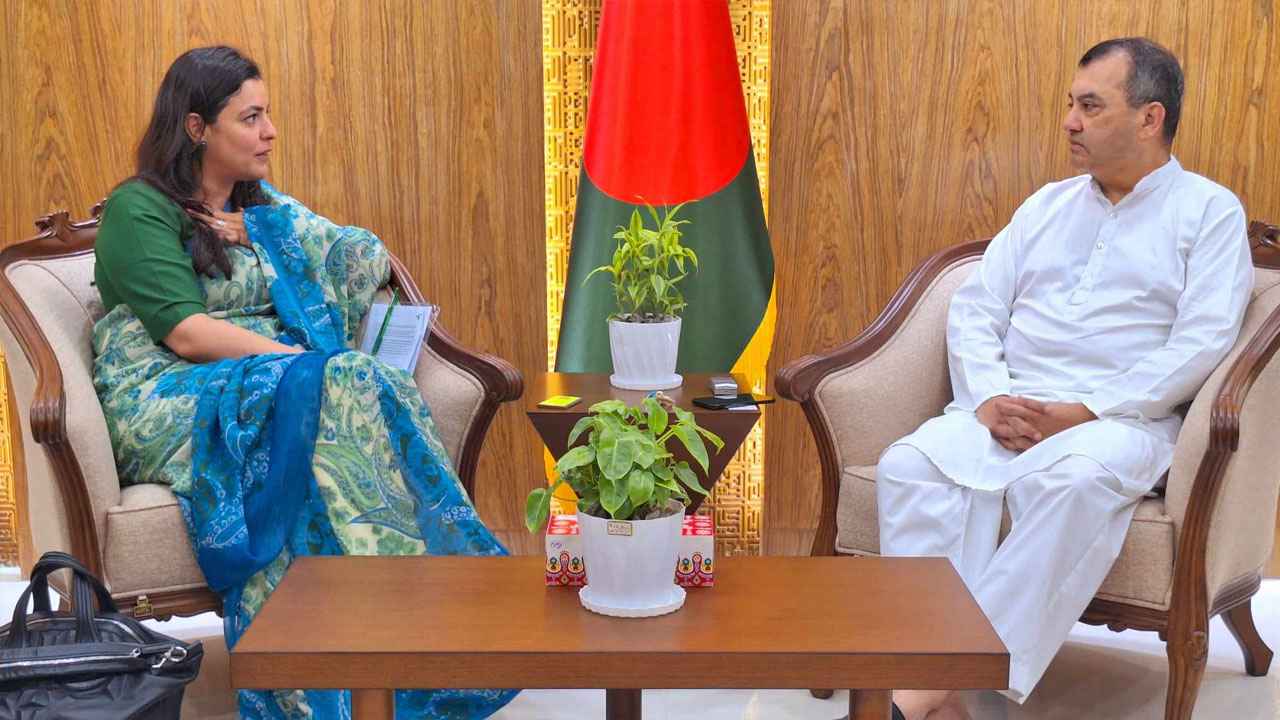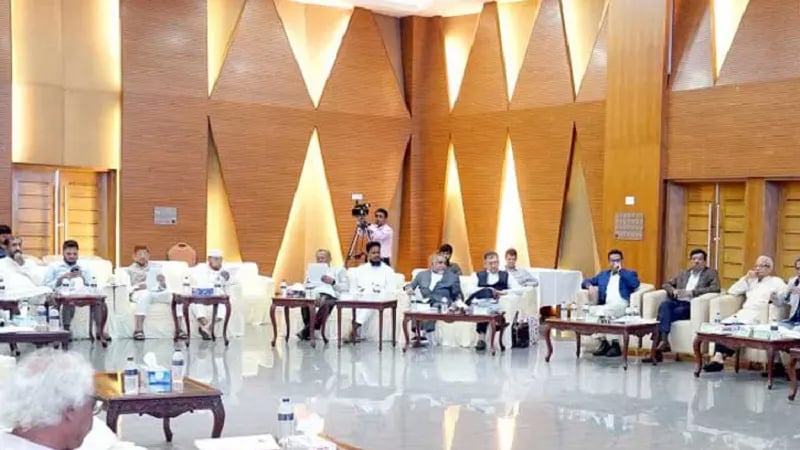
Political parties have reached an agreement on how the state of emergency will be declared. According to the decision, the state of emergency will be declared with the approval of the cabinet, not the Prime Minister alone. The leader or deputy leader of the opposition will be present at the cabinet meeting in this regard.
The parties reached this consensus on the 12th day of the second phase of dialogue with the National Consensus Commission at the Foreign Service Academy on Sunday. The dialogue decided that in the event of a state of emergency, citizens will have the 'right to life' and the 'right to be protected from torture'. The declaration of a state of emergency will not be used as a political tool.
The National Consensus Commission has proposed an amendment to Article 141 of the Constitution regarding the declaration of a state of emergency. It states that, according to Section 1 of Article 141A, if it appears to the President to his satisfaction that a state of emergency exists which threatens the security or economic life of Bangladesh or any part thereof by war or external aggression or internal rebellion, he may declare a state of emergency for a period not exceeding 90 days. However, the written approval of the Cabinet is required before the declaration of a state of emergency is valid.
The existing constitution stipulates 120 days. At the same time, the Prime Minister's signature is required before the declaration is valid for the declaration of a state of emergency.
The state of emergency was discussed on July 7 and 10. In view of that, in the discussion on Sunday, it was said that during the amendment of the existing 141 (a), the words of internal unrest will be replaced with the words of national independence, sovereignty, threat to national integrity or epidemic or natural disaster. The provision of cabinet approval will be added instead of the signature of the Prime Minister for declaring a state of emergency. In order to make the two rights of citizens inviolable during that time, the right to life, the right to freedom from torture and cruel, inhuman or degrading treatment or punishment shall not be abridged, subject to the provisions of Article 47 (3) of the Constitution.
There was disagreement among political parties over adding a provision requiring cabinet approval instead of the prime minister's signature to declare a state of emergency during the dialogue.
Saiful Haque, general secretary of the Revolutionary Workers Party, proposed taking decisions from an all-party meeting instead of the cabinet. Ahmed Abdul Quader of the Bangladesh Khilafat Majlis proposed including the opposition party in the cabinet.
At one stage of the discussion, Jamaat Naib-e-Amir Syed Abdullah Mohammad Taher proposed to ensure the presence of the opposition leader in the cabinet meeting on the state of emergency. BNP standing committee member Salahuddin Ahmed supported this. Later, Islamic Movement Presidium member Ashraf Ali Akon talked about who would be present if the opposition leader was not present. He proposed to keep that opportunity. At that time, Monir Haider, special assistant to the chief advisor, said that the deputy leader of the opposition is also a state minister. Later, it was decided to add a provision for cabinet approval instead of the Prime Minister's signature to declare a state of emergency. The opposition leader or deputy leader of the parliament will be present in the cabinet meeting.

